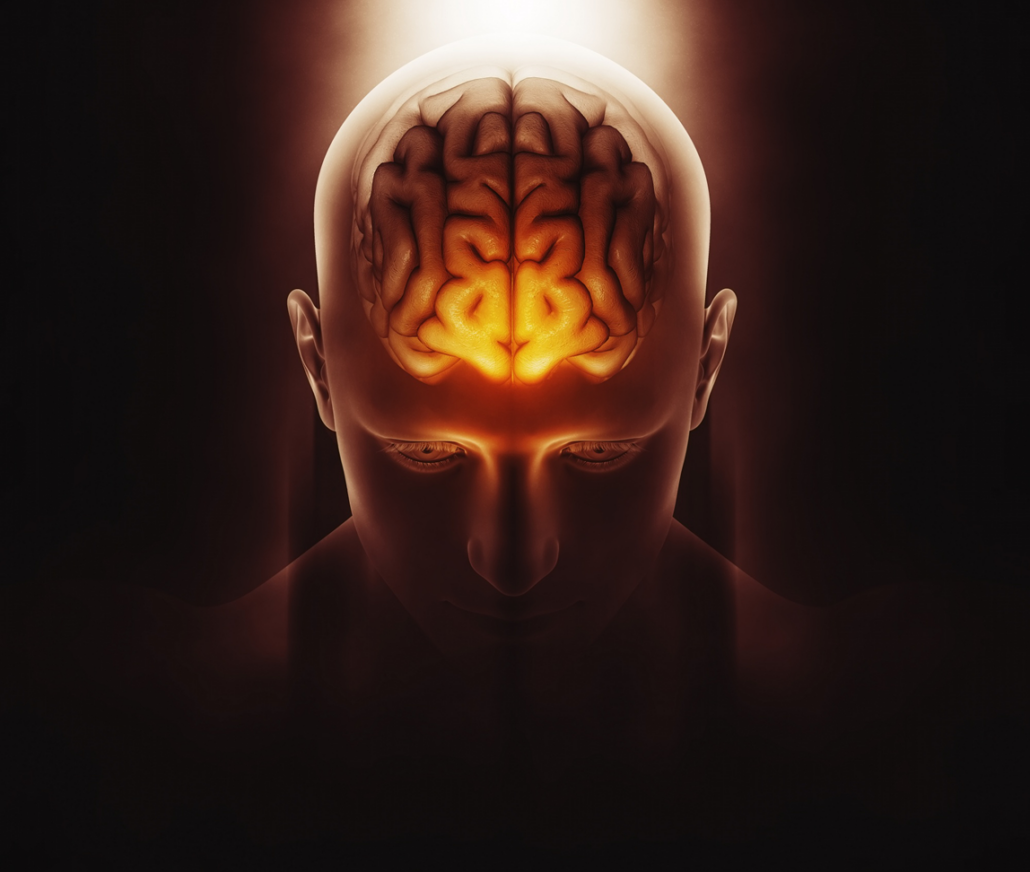Bipolar Disorders

What Is Bipolar Disorder?
Bipolar Disorder, once known as manic-depressive illness, is a neurobiological condition characterized by intense shifts in mood, energy, focus, and behavior. These episodes are far more extreme than typical mood swings and can severely impact a person’s ability to function at home, school, work, or in relationships.
At Genesis TMS, we treat Bipolar Disorder as a brain-based condition—not simply a behavioral issue. Using non-invasive magnetic stimulation, we target areas of the brain responsible for emotional regulation, energy levels, and cognitive balan
Who Is Affected by Bipolar Disorder?
- Nearly 6 million adults in the U.S. live with bipolar disorder.
- Most commonly emerges in late teens to early adulthood but can also begin in childhood or later in life.
- Affects men and women equally.
- Environmental factors, trauma, and lifestyle can trigger or intensify symptoms.
At Genesis, we believe that you are not your diagnosis, and your brain is not your destiny. Through tailored care, recovery and balance are possible.

What Does Bipolar Disorder Look Like?

Manic or Hypomanic Episodes
- Abnormally elevated or irritable mood
- Decreased need for sleep
- Racing thoughts, rapid speech
- Inflated self-esteem or grandiose plans
- Risk-taking behavior, impulsivity
- Hypersexuality or increased appetite
- Distractibility, inability to focus
- Delusions or psychotic features (in severe cases)

Depressive
Episodes
- Persistent sadness or emptiness
- Loss of interest or pleasure in daily life
- Fatigue or decreased motivation
- Sleep disruption (too much or too little)
- Feelings of worthlessness or guilt
- Difficulty concentrating
- Suicidal thoughts or self-harm behaviors
These episodes often cycle unpredictably, lasting days, weeks, or months, and may be separated by periods of stability—or not.

Call Us Today!
Start feeling better through TMS – transcranial magnetic stimulation.

What Causes Bipolar Disorder?
Bipolar disorder is multifactorial, with causes including:
- Genetic inheritance
- Brain structure and function differences
- Early trauma or chronic stress
- Substance use
- Inflammatory or neurological conditions
Many individuals with bipolar disorder also have co-occurring conditions such as ADHD, anxiety, PTSD, or past traumatic brain injuries, making individualized treatment essential.
How Genesis TMS Helps Balance the Bipolar Brain
Genesis TMS uses transcranial magnetic stimulation (TMS) to safely stimulate or calm areas of the brain involved in emotional regulation, cognitive function, and impulse control. We design each protocol to match the client’s clinical presentation, supporting both depressive and manic phases while reducing mood instability.
Brain Area
TMS Objective
Prefrontal Cortex (PFC)
Prefrontal Cortex (PFC)
Improve focus, reduce depressive symptoms
Limbic System (Amygdala/Hippocampus)
Prefrontal Cortex (PFC)
Reduce emotional over-reactivity
Anterior Cingulate Gyrus
Prefrontal Cortex (PFC)
Support flexibility, decrease obsessive loops
Temporal Lobes
Prefrontal Cortex (PFC)
Stabilize mood and memory pathways
Why Is Accurate Diagnosis Critical?
Bipolar disorder is often misdiagnosed as:
- Major depression
- ADHD
- Anxiety
- Borderline personality disorder
- Schizophrenia
Misdiagnosis can lead to dangerous treatment mismatches. For example, prescribing stimulant medications for a misdiagnosed ADHD case can trigger severe manic episodes or psychosis in a person with bipolar disorder. At Genesis TMS, we conduct thorough clinical assessments, behavioral reviews, and collaborate with families and providers to ensure an accurate diagnosis and personalized treatment plan.

Types of Bipolar Disorders
Genesis TMS adjusts treatment protocols according to the specific presentation of bipolar cycling.
Type
Description
Bipolar I
Prefrontal Cortex (PFC)
Full manic episodes and full depressive episodes (most severe).
Bipolar II
Prefrontal Cortex (PFC)
Hypomanic (milder mania) and major depressive episodes.
Cyclothymic Disorder
Prefrontal Cortex (PFC)
Chronic, fluctuating low-level hypomania and depression over at least 2 years.
Bipolar Disorder – NOS
Prefrontal Cortex (PFC)
Bipolar features that do not fit neatly into the above categories.
The Cost of Untreated Bipolar Disorder



Substance use or risky behavior


Legal problems or incarceration


Why Genesis TMS?
If your child with autism is struggling with anxiety, sleep, attention, or emotional dysregulation—Genesis TMS offers a safe, personalized path forward.
Traditional Approach
- Traditional Approach
- Misdiagnoses or under-treatment
- Side effects from polypharmacy
- One-size-fits-all care
- Focused only on symptoms
Focused only on symptoms
- Non-invasive, drug-free, brain-centered care
- Precise clinical evaluation and monitoring
- Safe magnetic stimulation with no systemic side effects
- Customized TMS protocols for each phase of mood
- Focused on the brain—the root of mood dysregulation

You Deserve Stability. We Can Help.
If you or a loved one is struggling with bipolar disorder, Genesis TMS offers hope through personalized, neuroscience-driven treatment. Our compassionate team understands that true healing means treating the whole person—not just the mood swings.

